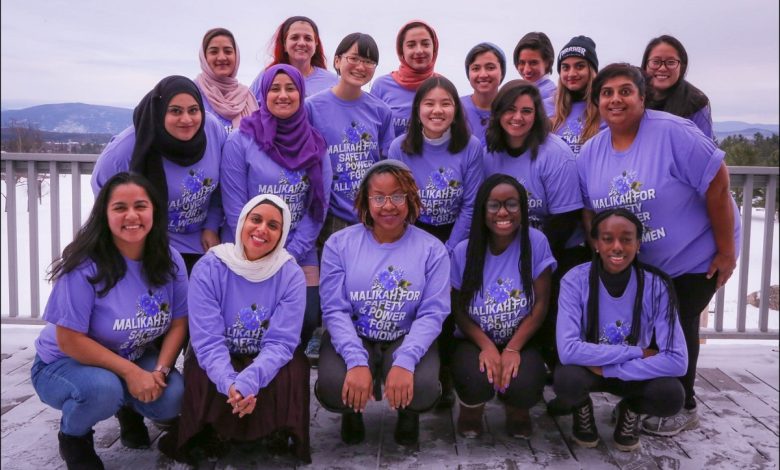Arab Muslim Organizations Supporting Women in the USA
Empowering Arab Muslim Women Through Advocacy, Education, and Community Support.

Arab Muslim women in the United States face unique challenges at the intersection of gender, faith, culture, and immigration. To address these needs, a growing number of Arab Muslim organizations are providing support in areas such as education, career development, health, legal rights, and community leadership.
These organizations not only empower women but also help preserve cultural identity while promoting integration into American society.
Key Areas of Support
Advocacy & Legal Assistance
Many organizations work to defend Arab Muslim women against discrimination, workplace inequality, and Islamophobia. Groups such as CAIR (Council on American-Islamic Relations) and Muslim Advocates provide legal resources and policy advocacy.
Community Support & Counseling
Arab Muslim women’s organizations often offer mental health services, domestic violence prevention programs, and counseling tailored to cultural and religious contexts. The Arab American Family Support Center (AAFSC) in New York, for example, supports immigrant women with family services, language classes, and empowerment workshops.

Education & Career Development
Programs include scholarships, mentorship, and leadership training. Women-led initiatives such as the Muslim Women’s Alliance (MWA) help Arab Muslim women advance professionally while staying rooted in faith and identity.
Health & Wellness
Community centers organize workshops on women’s health, reproductive rights, and wellness, while ensuring services are culturally sensitive and inclusive.
Cultural & Religious Empowerment
These organizations provide spaces where Arab Muslim women can celebrate their heritage, practice their faith, and network with others facing similar experiences.
Examples of Notable Organizations
-
Arab American Family Support Center (New York) – Offers women-focused community services.
-
Muslim Women’s Alliance (Chicago) – Provides leadership, mentorship, and empowerment programs.
-
CAIR (Nationwide) – Advocates for Muslim civil rights, including women’s rights.
-
ACCESS (Dearborn, Michigan) – One of the largest Arab American nonprofits, with initiatives supporting women and families.

Conclusion
Arab Muslim organizations in the USA play a crucial role in ensuring that women have access to the resources, networks, and opportunities they need to thrive. By combining advocacy, cultural preservation, and empowerment, these groups continue to strengthen the role of Arab Muslim women in American society.



